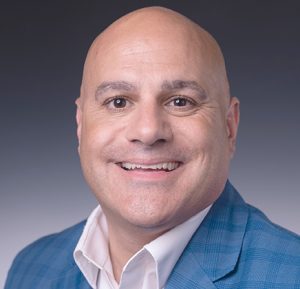FORT DRUM, N.Y. — Funding for a non-commissioned officer (NCO) training academy at Fort Drum is “incorporated” into military-construction bills in both the U.S. Senate and U.S. House of Representatives.
The project cost is $19 million, U.S. Senator Charles Schumer (D–N.Y.) said in a news release. The current NCO academy is located in 20 “substandard and deteriorating,” World War II-era structures that are “widely dispersed and difficult to travel between,” he contended.
Consolidating the NCO academy’s functions within one complex would reduce operating costs, give military officials a “modern” facility to train non-commissioned officers, and result in economic-development opportunities for the North Country, according to Schumer.
(Sponsored)

In a World of Complex Cyber Threats, Small Fixes Still Work
Cybersecurity headlines seem to get scarier by the week. Ransomware brings international airports to a standstill. Artificial intelligence is being used to supercharge phishing campaigns and discover new vulnerabilities. Nation-states

How CH Insurance’s BOOST Program Optimizes Group Benefits for Small Businesses
For small business owners, navigating the complexities of group benefits can be overwhelming. Between compliance regulations, cost considerations, and employee expectations, offering a competitive benefits package often feels like a
“The current NCO academy is in no shape to train the dedicated men and women who serve our country,” Schumer said in the release. “I am pleased the House and Senate have included these New York priorities, like funding for a new Fort Drum training academy, in these bills. This will bring good jobs to Jefferson County and ensure the Army has the resources it needs to train our brave soldiers.”
The funding is part of the fiscal year 2016 military-construction and veterans-affairs spending bill that the U.S. Senate Committee on Appropriations approved last Thursday, according to a news release on the committee’s website.
The bill would provide resources for veterans’ benefits and programs and makes funding available to equip and house military personnel, according to the committee. The bill, which is now available for Senate consideration, totals $77.6 billion in discretionary funding.
Contact Reinhardt at ereinhardt@cnybj.com


